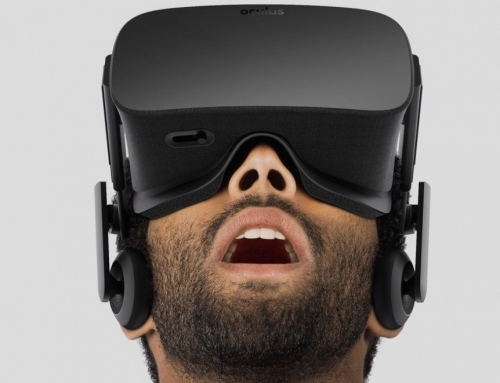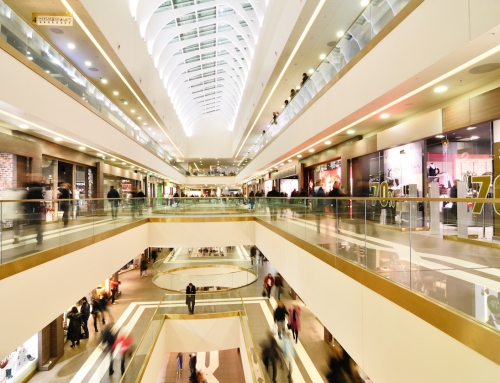Who are millennials and why are they so important?
Also known as Generation Y, roughly defined by a generation born between 1980 and 2000, millennials account for ¼ of the UK’s population. They are coming of age now, stepping onto the property ladder, being promoted at work, and by 2018 their predicted spending power will be greater than any previous generation. It’s no surprise the retail industry has taken note, adapting to better suit this new generation of uber-consumers who have caused a seismic shift in the retail marketing strategy. Sophisticated, tech-savvy and always connected, they use mobile channels to research products, compare prices, share information and make purchases. Millennials also demand everything be instantly available, disrupting traditional shopping methods. Suspicious of traditional media and advertising instead this generation will seek the opinions of friends, parents, and online experts before making purchases. Their powerful influence extends not just to their peers but other generations too, including older and younger family members.
Millennial Shopping habits.
Despite 90% of millennials using smart phones, the figure is much lower when it comes to making actual purchases, final transactions are more often completed at home on a computer. However, they still like visiting physical stores, treating them as giant showrooms, a place to touch, feel, try and test out products before buying. The social aspect is important too, this youthful group enjoys the buzz of a shopping centre but prefers an experiential environment and are increasingly demanding much more from the retail experience. If this experience is targeted and includes interaction with knowledgeable brand associates, research shows they are 50% more likely to buy there and then. It’s not surprising then that shopping centre marketing strategies have shifted towards the experiential when it comes to attracting the millennial consumer.
Turning the physical retail space into an experiential one.
Proven to be the most effective venues for experiential activities, shopping centres provide the ideal environment to connect with this group. Using market research and data capture they can better understand their younger customers, but while millennials are willing to give up this information they want something in return, quid pro quo. As a result, the physical retail space is becoming more of an experiential one, appropriating more and more of the marketing budget towards stand-out events that go beyond any traditional promotional activity. Exciting, relevant and uniquely personalised experiences add value, capture the imagination and connect consumers to the retail space. They increase footfall, attract PR, promote opinion and conversation, ultimately leading to conversion. Millennials may be tough to please but getting the message right means winning brand advocates, they are exceptionally loyal customers, particularly if they feel they have been targeted right and have enjoyed the experience. For millennials, malls must be destinations in themselves.
Staying relevant.
Authenticity is key for millennials so any communication must be honest and relevant. Invite these consumers to co-create the brand story by placing them at the heart of the marketing strategy. Offer experiences that are shareable on social media platforms like Facebook, Instagram, and Snapchat. Getting this demographic right will hopefully better prepare us for Gen-Z, who promise to be larger and even more influential than their predecessors. Born device-in-hand, Gen-Z will be the first true digital natives.
- Vlogger Christmas Edit LIVE!
- MCR Made Up
Events for millennials.
With an increasingly young target audience, our client Manchester Arndale recently asked us for experiential activities specifically aimed at millennials. Click the links to view case studies for our Vlogger Christmas Edit LIVE! and MCR Made Up for some interesting social media statistics. Both events used the popularity of YouTube to maximise the social reach of the live on-mall activity.











